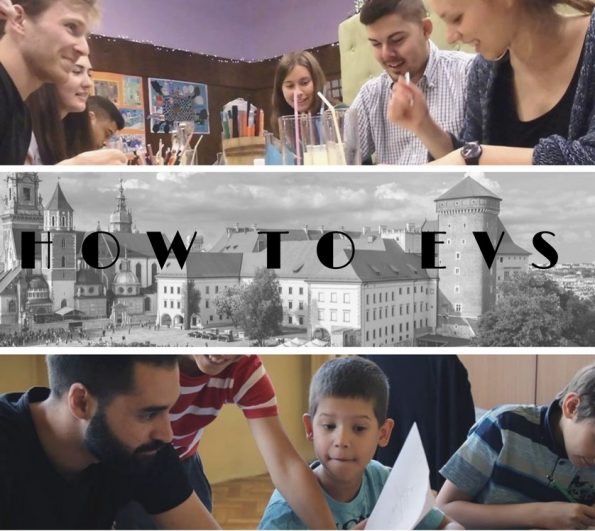 New country, new city, new everything
New country, new city, new everything
Don’t be totally scared (like me), even if everything seems so strange, people so different from you, language so difficult. Breath and think that, after a few days or weeks, you will be able to understand how things work there and that you will feel part of this environment.
Download as soon as possible an app for transport, it will be fundamental! With the time, you will know all (well, almost all) the tram/bus stop, a lot of streets and squares; but at first, fell into a mysterious new city, you will need something able to guide you wherever you want to go.
Buy a SIM card with a new number, and subscribe an offer for calls, messages and internet. If, unluckily, you will not have WIFI at home (but you can manage to have it), this will save your life.
New home and new flatmates
Before meeting your new flatmates, relax. They will be just the people that you will see every morning just woke up and every afternoon after the job; the people with who you will share bathroom, kitchen, toilet paper, money for all the stuff for clean! So c’mon, don’t be pressured 😀
It’s not important if they will become your best friends or not; the basis has to be a pacific co-existence under the same roof.
Speak about who has to do what in the flat (mainly regarding buy things to share and clean) and when. There is nothing worst than fight because of non-washed dishes or dirty bathroom! So, just divide your tasks.
Speak in general about anything you are uncomfortable with. It’s useless live thinking about what you don’t like in the flat.
Live and let the others live.
At workplace
Speaking only about an experience in a kindergarten, my tips can be:
Prepare yourself to share a class with teachers that, maybe, don’t speak English (or don’t speak English so good). At first they can be worried to try to talk with you, but the things will get better with time.
Children don’t speak English, of course (at least, mine – they were 3-4 years old, so it’s pretty normal); and you don’t speak their language. Also, they will be so surprised that you can’t understand them; it was so hard, for me, let them know that I really didn’t understand what they said.
At this point, the main question can be: ok, perfect, and so?
Learn some easy words and sentences (not only “I don’t understand” and “I don’t speak Polish” – even if they were my favourites) to try to get a connection with them.
Smile a lot
Play with them, you don’t need words for that
Be ready to catch every word and every sound, because everything will be really useful during your stay among them (for example, after some time it was really easy to understand requests like “can you help me?”, “can I go to the toilet?”, “can I take it?”, “come with me”, “can you draw me a butterfly/flower?”, “can you read that?”
Ask them to teach you something
Try to teach them some words in your language or in English
Don’t lose your time doing nothing. You can be useful to a lot things, not only to play or build something or dance: help with the breakfast and the lunch, help children to get dressed, clean a little after meals (probably no one will ask you that, but they can’t not appreciate that :D).
In general
Speak with your mentor or with your supervisor about any kind of problem
Take part to activities or workshops organized by your association, it can be an important chance to learn something new and get close to local people and uses.
Enjoy the trainings, because they are amazing experiences!
Be totally open-minded, know as much as people, food, places as possible!
Write a diary in order to remember a lot of things that you could forget! It’s also a great help in difficult moments (trust me).
article by Laura Caruzzo
(EVS volunteer)
The European Voluntary Service project is organised within the framework of Erasmus+ and financed by European Commission.





Comments by admin